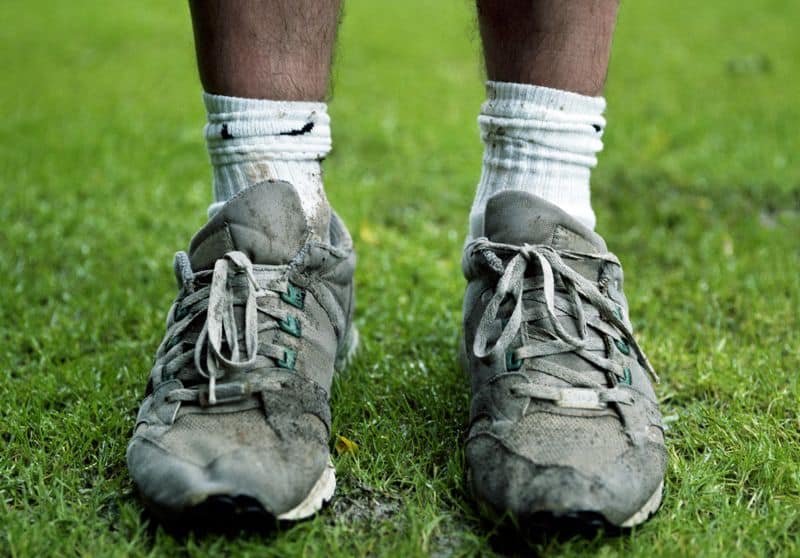Charity begins at home, and while donating to those in need is a noble endeavor, it’s crucial to know what items might not be accepted by charities.
Some items can be more of a burden than a blessing, and understanding this can save both you and the charity valuable time and resources. Here are 7 common household items you might want to reconsider before donating.
1. Used Mattresses

Used mattresses, particularly those with visible wear and stains, are often not accepted by charities. Donating a mattress may seem generous, but many organizations face strict health regulations.
Stains can harbor bacteria, bed bugs, or other pests, posing health risks. Due to these concerns, most charities decline such donations.
Instead, consider recycling programs or specialized disposal services that handle mattresses responsibly. They ensure materials are repurposed safely, preventing landfill waste. This proactive approach benefits both the environment and community health.
2. Damaged Electronics

Charities typically don’t accept damaged electronics. Gadgets like phones and laptops must function well to be useful. Broken screens or missing components make them burdensome.
Electronics require proper disposal due to harmful materials. Donating damaged items may result in costly disposal fees for charities.
Instead, recycle electronics through certified e-waste programs. These facilities safely dismantle and repurpose components. This environmentally-friendly option ensures harmful substances are handled correctly, preventing potential hazards to the environment and public health.
3. Old Magazines

While magazines might seem useful, most charities prefer not to receive outdated reading materials. Old issues quickly become irrelevant and seldom meet the needs of recipients.
Donating them often leads to clutter, consuming space better used for essential items.
Consider recycling old magazines or donating them to art or educational programs, where they can serve creative purposes. This not only helps in decluttering your space but also supports crafting activities in communities, offering a more suitable and appreciated use for these materials.
4. Worn-out Shoes

Charities often reject worn-out shoes due to their unsuitable condition. Shoes with frayed laces or damaged soles are impractical for beneficiaries.
Donating such items can burden organizations with unnecessary sorting and disposal tasks. Instead, recycle them through footwear recycling programs.
These programs transform old shoes into raw materials for new products, offering a sustainable solution. Alternatively, repair shops might repurpose parts, extending the lifecycle of worn footwear. This approach minimizes waste and provides practical benefits for communities and the environment.
5. Expired Food

Expired food is a strict no-no for donations. Charities cannot distribute items past their sell-by dates due to health regulations.
Consuming expired food poses serious health risks, making it unsuitable for anyone. Instead, regularly check your pantry and donate food before it expires.
This proactive habit ensures that your contributions remain beneficial and safe for those in need. Supporting food banks with fresh, in-date items is a simple yet effective way to help communities and reduce waste responsibly.
6. Oversized Furniture

Oversized furniture, like large couches or dining tables, often becomes a challenge for charities. Space constraints and transportation issues make such pieces impractical.
Large items require significant storage and logistical resources, often unavailable to charity organizations.
Consider selling or donating these items directly via local platforms or community groups, where they might find a suited home. Alternatively, some recycling services specialize in dismantling and repurposing furniture parts, offering a sustainable disposal method and reducing unnecessary waste.
7. Personal Hygiene Items

Donating personal hygiene items, especially used ones, is generally inappropriate. Hygiene products like partially used soap or shampoo can’t be reused for health reasons.
These items are personal, and offering opened products may raise concerns about safety and cleanliness.
Opt for donating unopened, sealed hygiene products to shelters or community centers. These organizations appreciate new items, as they ensure the dignity and well-being of those they support. By donating thoughtfully, you contribute positively and respect the needs of the community.

